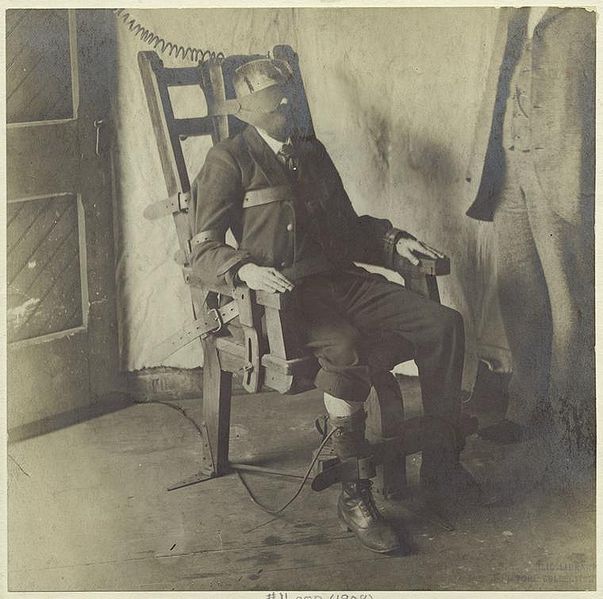BROWDERBBOOKS
Wild New York
WiDo Publishing, the publisher of my latest novel, Forbidden Brownstones, is eager to read the sixth title in my Metropolis series of historical novels set in nineteenth-century New York: Lady of the Chameleons. I want them have a crack at it, before I approach other small presses.
I am also promoting my nonfiction title New Yorkers: A Feisty People, and preparing a new paperback edition of a work that is no longer being sold by its original publisher; more of that anon. All of which keeps me pretty busy.
Five Hot Scams to Avoid
The AARP Bulletin, which addresses the needs and concerns of senior citizens, is good at warning seniors of scams that target them. The issue of April 2021 features an article on frauds and presents a list of "hot" currents scams. Here are five that should concern not just seniors but everyone.
- ZOOM phishing: You get an e-mail with the ZOOM logo telling you to click a link because your account is suspended. Doing so lets scammers download malicious software into your computer, access your personal information, or search for passwords to hack into your other accounts. Defense: Never click on links in unsolicited e-mails.
- Covid-19 vaccine card cons: Many who get vaccinated post selfies on social media displaying their vaccination card. Scammers pounce on it, retrieve valuable data for identity theft, break into your bank accounts, get credit cards in your name, etc. Defense: To inform friends of your vaccination, use a selfie with a generic vaccination sticker.
- Medicare card come-ons: You get an e-mail or phone call, or someone knocks on your door, claiming to be from Medicare and offering all sorts of pandemic services if you verify your Medicare ID number. Defense: Delete the e-mail, hang up the phone, shut the door. Medicare will never contact you to obtain your Medicare number without your permission.
- Cash-transfer app swindles: You transfer money using tools like PayPal, CashApp, and others. A scammer then asks you to return the money, explaining it was an accident. But the transfer was made with a stolen debit card whose funds will be removed from your account. Defense: Be diligent before hitting "accept," or even disable all incoming requests on your app and use it only to send money.
- "Account problem" text: You get a text message saying there's a problem with your internet account, credit card, or bank account, and asking you to click on a link to provide personal information. Defense: again, don't click on links in unsolicited e-mails and texts. Contact your bank or credit card company to see if there is really a problem; there probably is not.
That same April 2021 issue of the AARP Bulletin does an exposé of international phone scammers based in India and preying on Americans. It tells how a tech-savvy Irishman became so angry at these scams that he used his techie skills to get into their computers, film them without their knowledge, and expose their scams. What especially infuriated him was seeing them laugh when an elderly victim, unable to pay a huge fee for bogus services rendered, burst into tears. In the end the Irishman exposed one notorious team of scammers and got the Indian authorities to arrest them and shut their operation down.
But that's only one team of scammers out of thousands, and only someone with the Irishman's technical skills and fierce determination would take the time to do anything about the problem. Most of us can only absorb the urging to be constantly diligent and hope. Recently I got word by e-mail of a serious problem with my bank account. I didn't click on the link, contacted my bank online, discovered no problem, then went back and deleted the e-mail. And a very convincing e-mail it was. These people are clever. Ruthless, but clever. Beware.
© 2021 Clifford Browder






